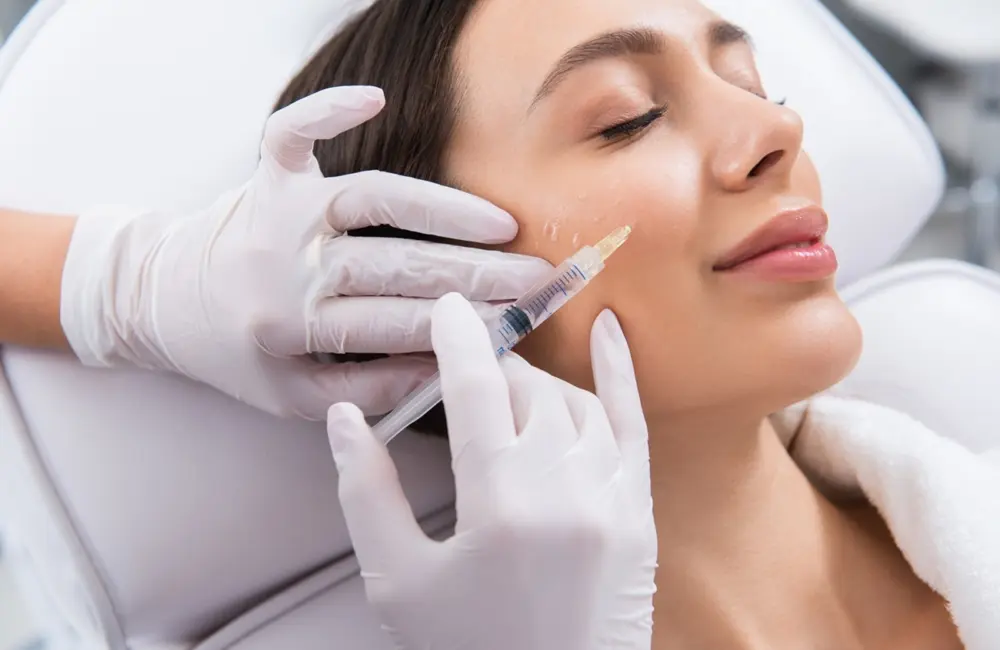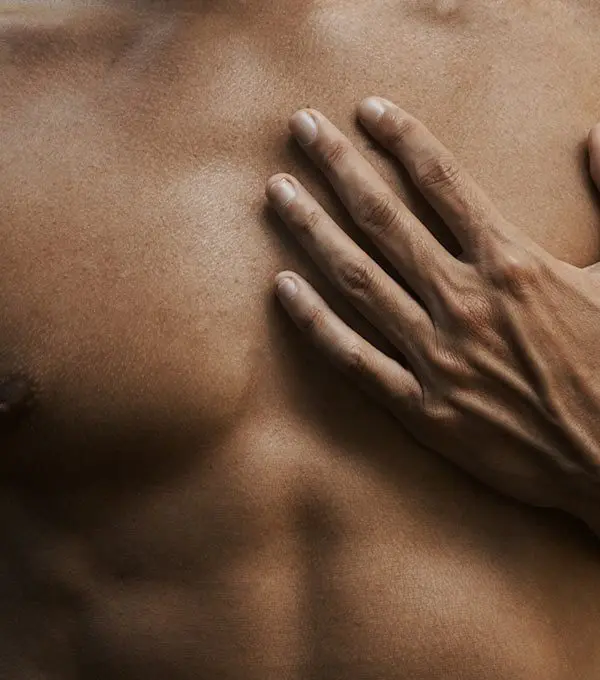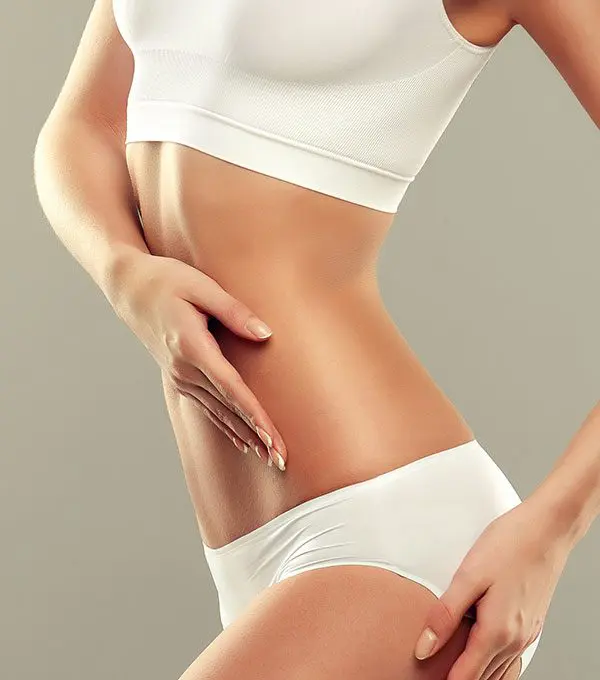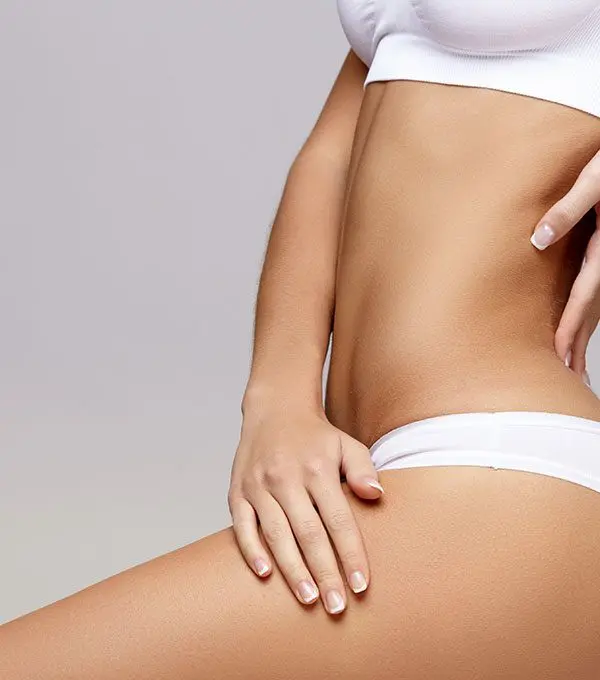Botox
Can You Drink Alcohol After Botox?
It’s common for patients to wonder whether they can enjoy a drink soon after their Botox treatment. Perhaps you have plans for dinner with friends or a quiet glass of wine at home. However, it’s best to wait. Alcohol and Botox are not a good combination immediately after treatment, as drinking can increase the likelihood of bruising and swelling.
Allowing your body time to rest helps ensure your results settle smoothly and naturally. At botonics, patient safety and long-term satisfaction are always the top priorities, and we recommend avoiding alcohol for a short period after your treatment to achieve the best outcome.

Why Alcohol and Botox Don’t Mix
Alcohol affects the body in several ways that make it less compatible with Botox recovery. It acts as a blood thinner, which can increase the likelihood of bruising and swelling in the treated areas. Even a small amount of alcohol may cause blood vessels to dilate, leading to temporary redness or tenderness around the injection sites.
Alcohol also dehydrates the body and skin, which can slow the healing process. Because your skin is already adjusting after treatment, dehydration and inflammation can make it more sensitive and reduce how evenly your results settle.
While drinking alcohol after Botox won’t stop the treatment from working, it can make recovery less comfortable and increase the chance of temporary side effects. Allowing your body to rest and rehydrate gives the best foundation for smooth, natural results.
How Long Should You Wait Before Drinking Alcohol After Botox?
It is best to avoid alcohol for at least 24 to 48 hours after your treatment. This gives your body time to recover, reduces the risk of bruising and swelling, and allows the Botox to settle evenly into the targeted muscles.
Everyone heals differently. Some people may be fine after 24 hours, while others benefit from waiting the full 48 hours, particularly if they have sensitive skin, bruise easily, or take medications that thin the blood.
It is also advisable to avoid alcohol for at least 24 hours before your appointment. This helps to minimise bleeding beneath the skin and supports a smoother recovery once your treatment is complete.
For personalised advice, follow the guidance of your practitioner, who can recommend what is best based on your treatment plan and medical history.
What Happens If You Drink Alcohol After Botox?
If you accidentally consume alcohol shortly after your treatment, it is unlikely to cause any serious harm. Botox works at a neuromuscular level to relax targeted muscles, and alcohol does not interfere with this process.
However, drinking too soon may increase the chance of mild side effects such as bruising, swelling or tenderness around the injection sites. Alcohol can also slightly slow your body’s recovery and make the initial healing period less comfortable.
The degree of reaction varies from person to person. Those taking blood-thinning medication, or who naturally bruise easily, may notice slightly more discolouration or swelling than usual.
While one small drink is unlikely to affect your results, giving your body a day or two to rest will help you recover comfortably and achieve the smoothest possible outcome.
Other Things to Avoid After Botox
Alcohol is not the only factor that can affect your recovery. For the first 24 to 48 hours after treatment, it is best to avoid the following:
- Strenuous exercise: This increases blood flow and may cause the Botox to move from the targeted area.
- Lying flat or bending forward: Avoid this for several hours after treatment to prevent product migration.
- Heat exposure: Activities such as saunas, hot showers or sunbeds can increase swelling and sensitivity.
- Facial massages or rubbing the treated area: These should be avoided to allow the Botox to settle evenly.
Following these guidelines supports a smoother recovery and helps achieve precise, natural-looking results.
Who Should Be Extra Cautious with Alcohol After Botox?
Most patients recover quickly after Botox, but some should take extra care when it comes to alcohol during recovery:
- Those taking blood thinners or anti-inflammatory medication: Such as aspirin or ibuprofen, which can increase the risk of bruising.
- Individuals with bleeding disorders or sensitive, bruise-prone skin: Alcohol may heighten this sensitivity and slow recovery.
- Patients receiving Botox for medical reasons: Such as migraines, excessive sweating or TMJ, who may need longer recovery periods.
- Patients with existing dehydration or inflammation: Alcohol can make these conditions worse and slow the recovery process.
If you fall into any of these groups, it’s best to wait the full 48 hours before drinking alcohol. Your practitioner will advise on the most suitable recovery plan to ensure comfort and optimal results.
Will Alcohol Ruin Your Botox?
Let’s settle this once and for all: alcohol will not ruin your Botox results. Even if you accidentally have a drink soon after your treatment, the Botox itself will still work as intended. Alcohol does not interfere with how the product acts within the muscles.
What it can do, however, is make the early recovery period less comfortable. Because alcohol increases blood flow and reduces hydration, you may experience temporary redness, mild swelling, or bruising around the injection sites. These effects fade quickly and do not impact your final results, but they can make recovery a little less smooth.
If you have had a small amount to drink, there is no need to worry. Your treatment will still be effective. However, for the best results, you should wait a couple of days before drinking alcohol. This gives your body time to settle and allows the Botox to work evenly and effectively.
Best Practices for a Smooth Recovery
When it comes to achieving the best results from your Botox treatment, the simplest approach is often the most effective. Avoid alcohol for at least a day before and a couple of days after your appointment, stay hydrated, and follow your practitioner’s aftercare advice closely. These small steps help your body recover smoothly and ensure your results settle evenly.
Your results depend on precision, care and patience. With proper aftercare and professional guidance, you can expect natural, balanced results that enhance your appearance without interrupting your routine.
If you have any questions about recovery or aftercare, the botonics team is always available to provide clear, personalised advice to help you achieve the best possible outcome from your treatment.







